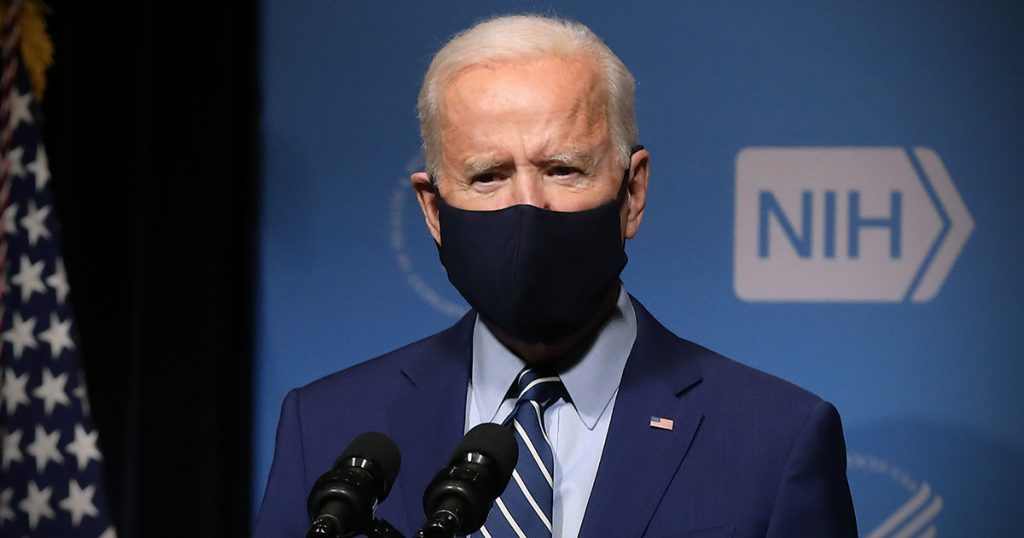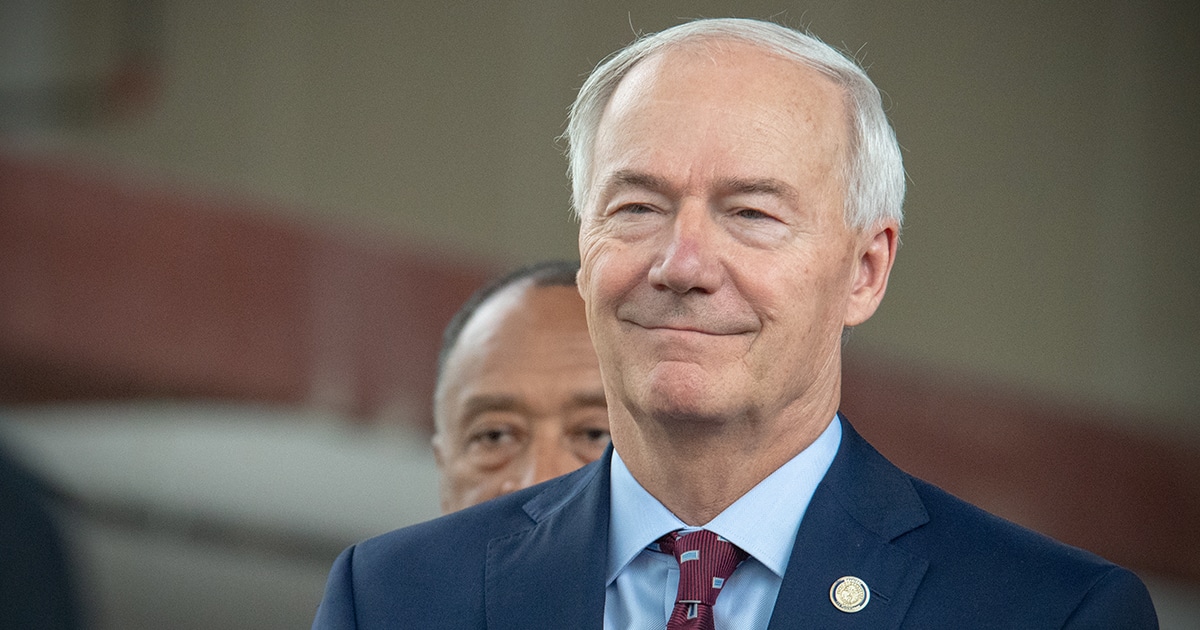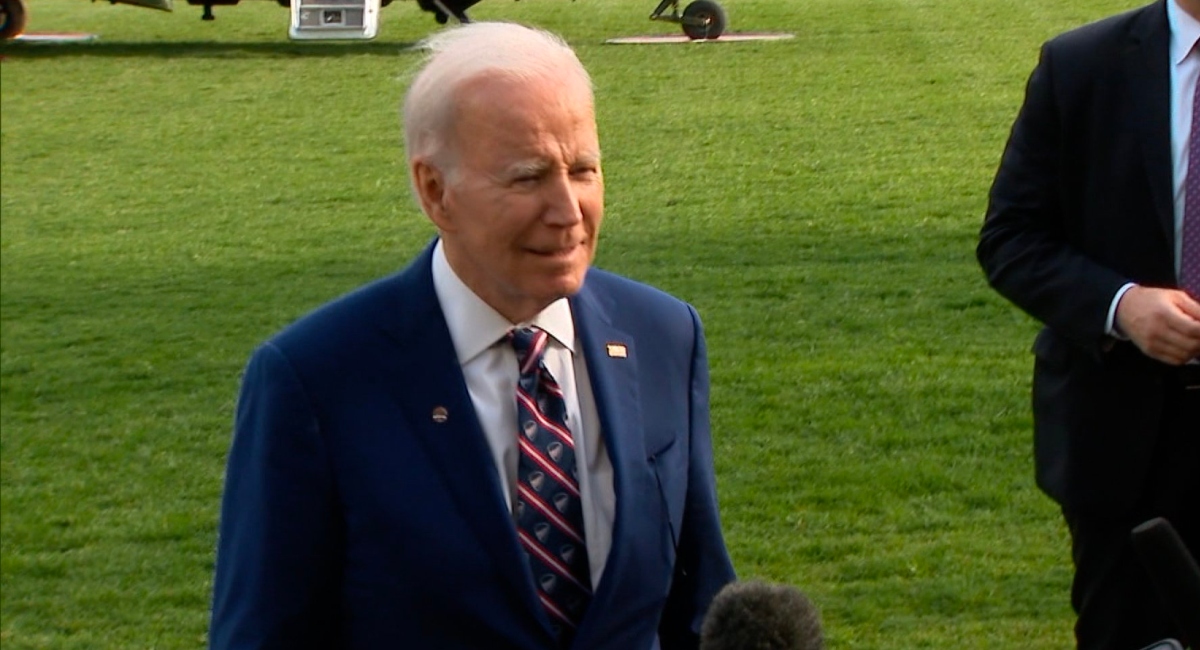The Biden administration has unveiled a “blueprint for transportation decarbonization” that suggests “remote work and virtual interactions” that keep people from leaving their homes could help defeat climate change.
The plan states that “Telework and other components of a digital economy” can “improve convenience by reducing travel demand, especially for work commuting.”
“The COVID-19 pandemic has highlighted major opportunities for telework, with some studies showing the possibility of 10 percent long-term reduction in annual vehicle miles traveled,” the statement continues.
“Remote work and virtual interactions can provide a viable alternative to daily commute requirements for some people, as the COVID-19 pandemic demonstrated,” the administration claimed. “An increase in remote work and virtual engagements has the potential to change travel patterns, including shifting peak commute times, reducing commuting miles, and/or increasing off-peak miles.”
The document also declares “Climate strategies must also help communities fulfill their equity and environmental justice responsibilities” because “Overburdened and historically underserved communities continue to bear the economic and health burdens of higher emissions, noise, and worsened air quality, and it is critical that these communities are not left behind in the transition to a decarbonized economy… ”
Biden claimed last year to have passed a bill that will allow for an indescribable amount of money be invested towards fighting climate change.
“We passed the- look. What I ran on I said we’re gonna deal with energy. And-and the energy problem. We’re gonna deal with the whole notion of global warming,” Biden explained to CNN’s Jake Tapper.
“We passed 368 billion dollars worth of s- help, which as the same bankers talk about it’s gonna bring a billion a trillion 750 million dollars billion dollars off the sidelines of investment,” claimed the president.
This news and commentary by Gabriel Keane originally appeared on Valiant News.






